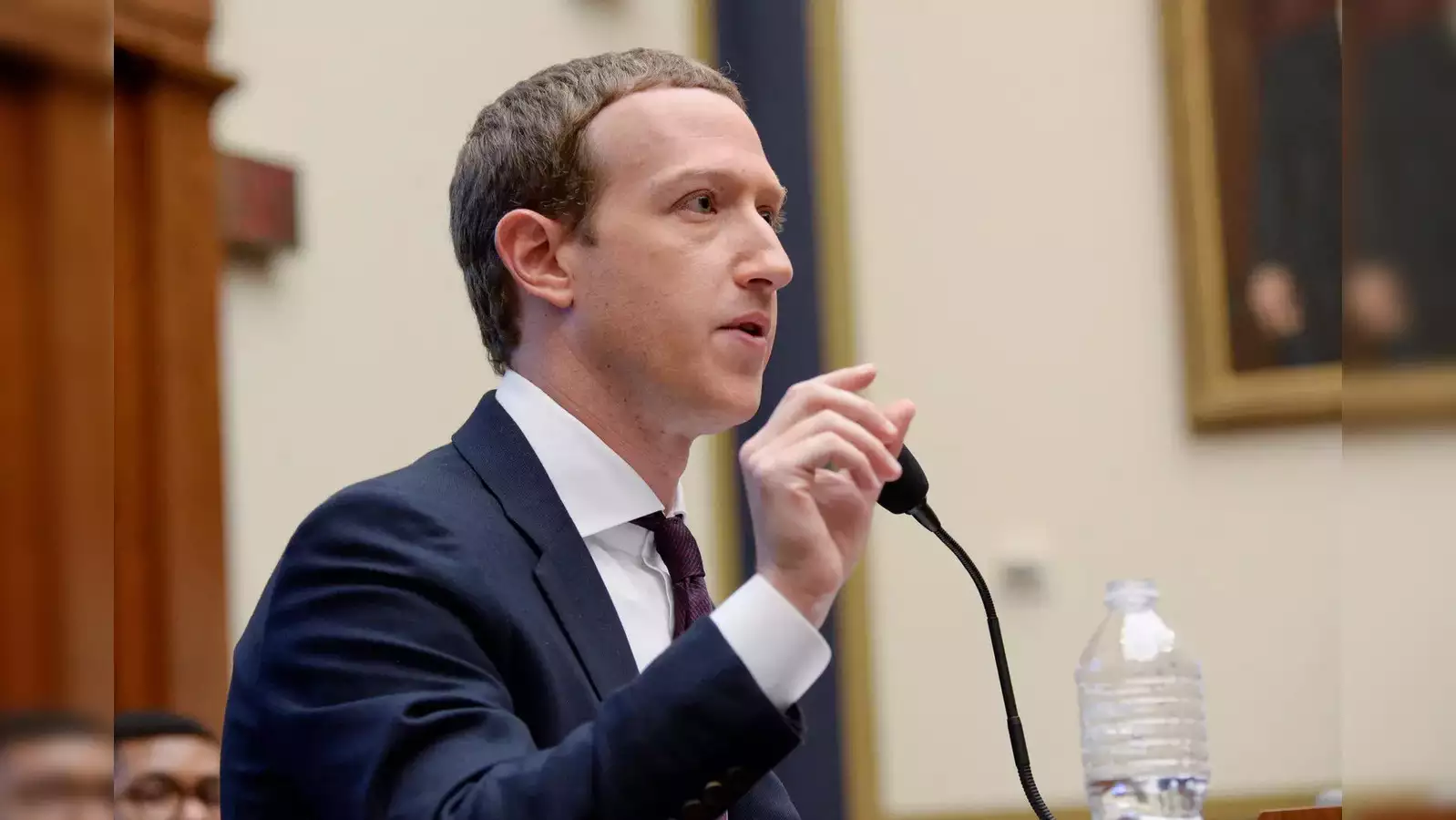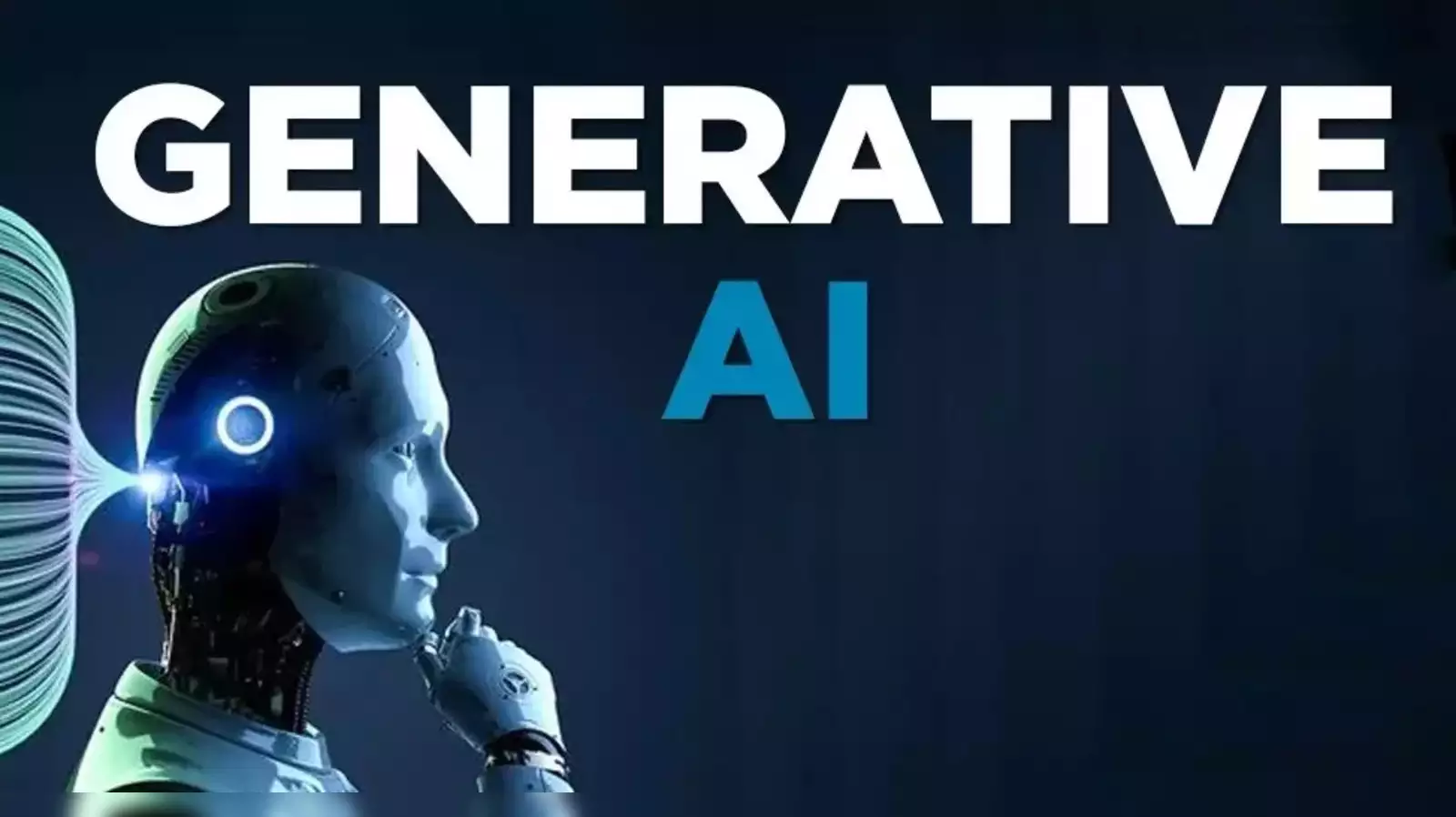Mark Zuckerberg envisions a future where content creators use artificial intelligence to create digital clones of themselves, enhancing engagement and expanding their reach
Individuals who generate content are exceedingly occupied. Most individuals dedicate over 20 hours weekly to developing new content for their websites. This leaves a limited amount of time for audience engagement.
However, Meta’s CEO, Mark Zuckerberg, believes AI can resolve this issue.
Zuckerberg articulated his vision for a future in which creators possess their algorithms, which embody their personalities and “business objectives,” during an interview with internet personality Rowan Cheung.

Zuckerberg asserts that the creators will delegate some community outreach to these bots to allocate more time to other, potentially more critical duties.
“I believe there will be a significant breakthrough in which virtually every creator can extract all their information from social media and train these systems to reflect their values, objectives, and goals.
Subsequently, individuals will be able to engage with this information,” Zuckerberg stated. “It will be similar to an artistic artifact that creators create, which individuals can interact with in various ways.”
Zuckerberg’s perspective is prevalent in numerous techno-optimist communities: AI is an inherent virtue due to its potential to increase the influence of a single individual or organization significantly.
(Google has also promoted AI-powered tools for creators.) However, would creators whose audiences prioritize authenticity truly be the ones to adopt generative AI when productivity is sacrificed for the personal touch?
Meta has failed to provide a compelling sales proposal, which is not advantageous to Zuckerberg.
Earlier this year, Meta initiated the deployment of AI-powered bots as part of its broader Meta AI initiative. However, the bots quickly succumbed to the numerous drawbacks of contemporary generative AI technology, particularly hallucinations.
One algorithm was observed by The Associated Press engaging in a conversation in a Facebook group for Manhattan mothers and asserting that it had a child in the NYC school district.
In a forum to exchange free items near Boston, an additional computer proposed the distribution of a nonexistent camera and air conditioning unit.
In fairness, Meta’s AI is making progress, at least according to the company. Meta’s most advanced release to date is the Llama 3.1 model family, which will enable various features across the tech giant’s platforms, according to the benchmarks.
However, hallucinations and general errors in planning and reasoning remain unresolved in generative AI, and Meta does not provide any research advancements in this area.
It is difficult to fathom that creators entrust their followers’ interactions to flawed AI bots. Zuckerberg acknowledges in the interview that Meta must “mitigate some of the concerns” associated with its use of generative AI and establish users’ trust in the long term.
This is particularly true given that certain aspects of Meta’s AI training practices discourage creators from using its platforms.



